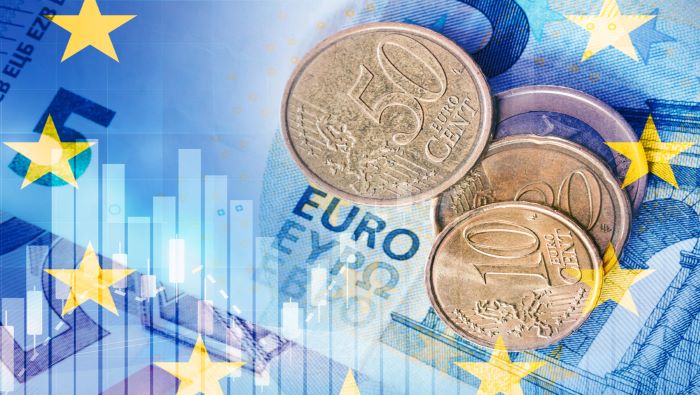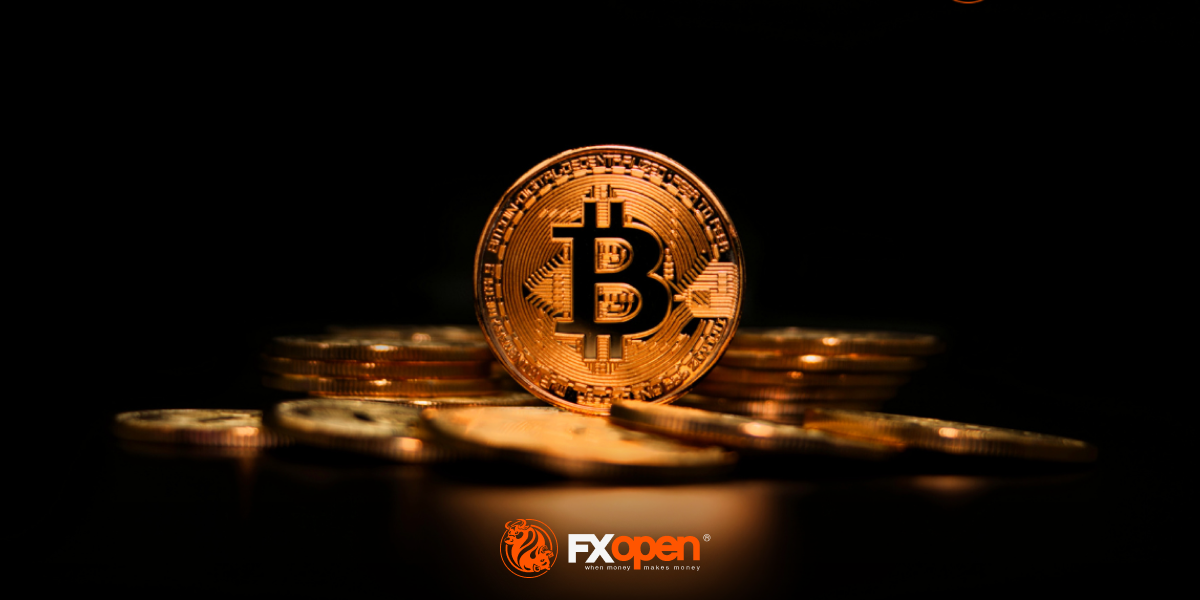FXOpen

As yesterday's trading day progressed, the Euro rose in value by 0.5%, which is very interesting considering the overall economic conditions across the Eurozone.
The European Central Bank (ECB) has this week made a milestone decision in its plans to raise interest rates for the first time in 11 years.
The ECB is preparing to increase interest rates by 25 basis points at its forthcoming meeting in July, and it may well consider another interest rate rise in September, but the size of that is yet to be determined.
With no indication given by Philip Lane, the Chief Economist of the ECB, speculation is now abound that the ECB may raise interest rates by as much as 50 basis points in September.
Many central banks in Western markets have been engaged in the practice of effecting interest rate increases over the past few months as a measure to attempt to curb spending and counteract inflation.
Although this is a widely recognized technique, it can have the effect of creating a low level of confidence in a specific economy if the interest rates continue to rise as it squeezes those with exsiting borrowings as well as demonstrating an inflationary climate.
Rather interestingly, the interest rate increases that the United States Federal Reserve Bank has invoked have not affected the strength of the US Dollar which has been performing well recently, and the Euro's increase in value over the past day has shown that the Euro is following a similar path of relative strength after the central bank announced an interest rate rise.
Whilst Britan and the United States have been subject to interest rate rises, the Eurozone has not until now, and this being the first in over a decade is of interest, yet the Euro responded positively.
By contrast, Japan, whose economy was not disrupted during 2020 and 2021 as the country did not invoke any lockdowns, and whose central bank has not implemented any interest rate rises, is a different matter altogether.
The Yen is at a 24 year low, with some commentators considering the Bank of Japan's 'loose monetary policy' to be causing a lack of confidence.
Let's not forget that in 1986in the United Kingdom, the inflation rate was almost 5% and the interest rate was almost 11%, yet that was one of the most buoyant periods in recent history, and the boom time of the 1980s saw many people amass wealth, start new businesses and own their own homes for the first time.
The 1980s is often portrayed as a decade of conspicuous consumption and prosperity, which it indeed was, however the interest rate was higher by far than it is today, and inflation was not low either, yet it was not a barrier to financial prosperity.
Historic data is an interesting basis for analysing current market conditions, and this is certainly a case in point.
This article represents the opinion of the Companies operating under the FXOpen brand only. It is not to be construed as an offer, solicitation, or recommendation with respect to products and services provided by the Companies operating under the FXOpen brand, nor is it to be considered financial advice.
Stay ahead of the market!
Subscribe now to our mailing list and receive the latest market news and insights delivered directly to your inbox.









